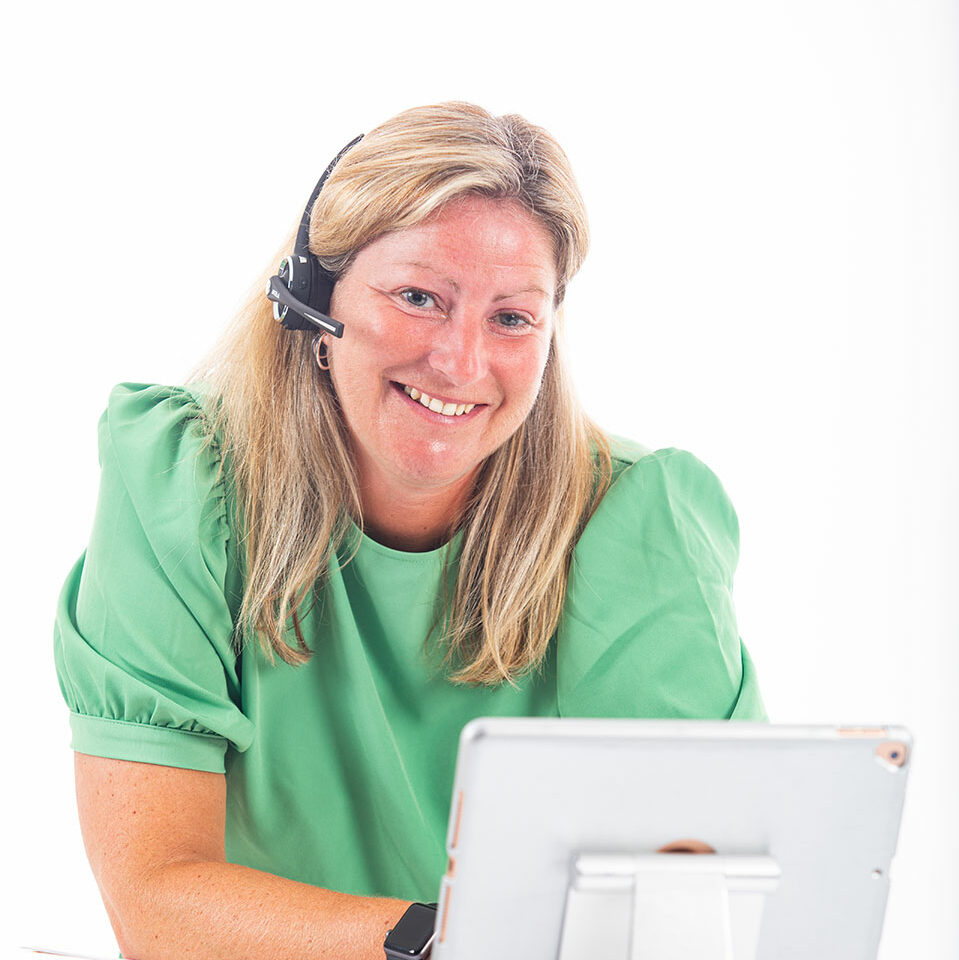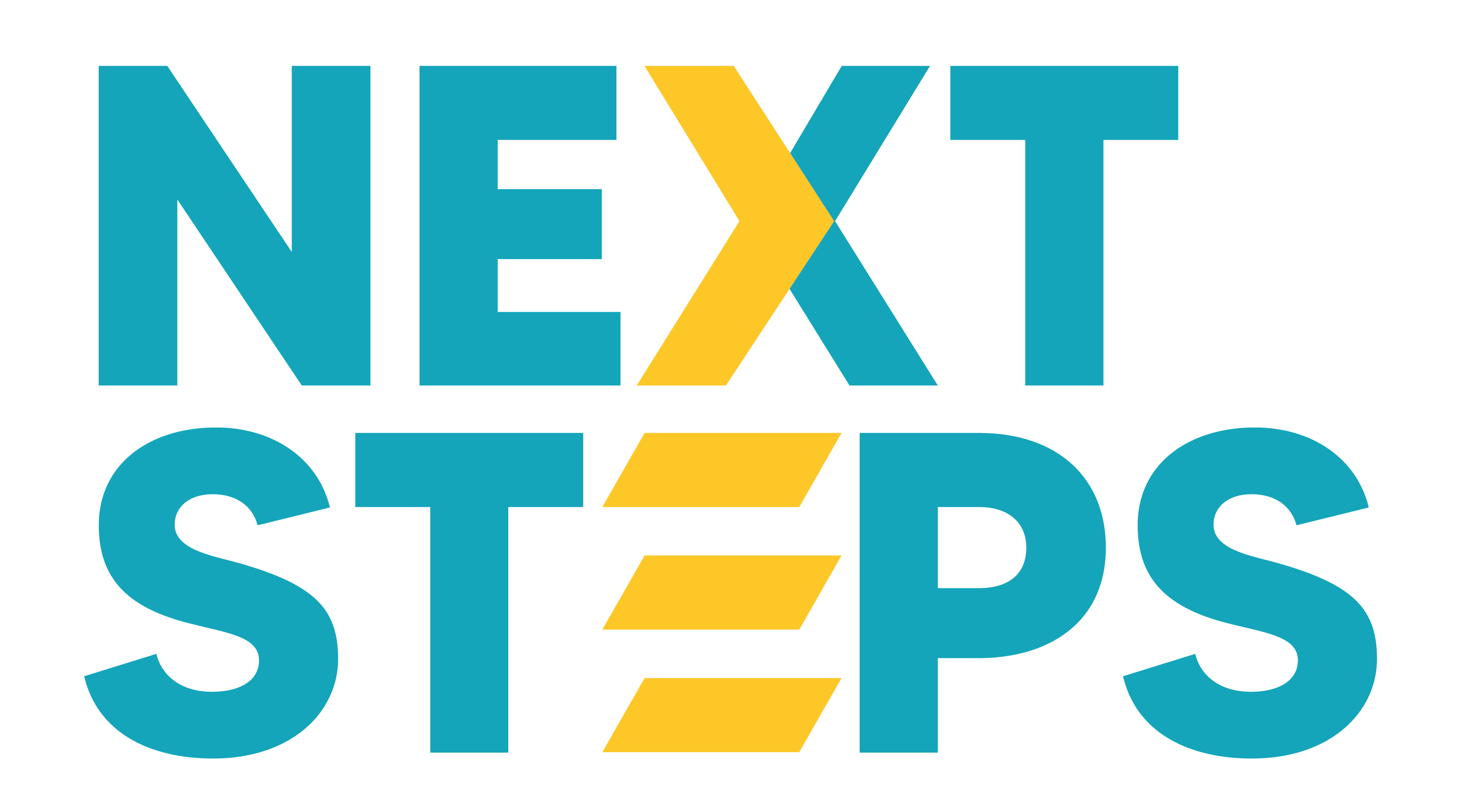As of writing (January 2022), the government has the stated intention of ensuring that KS2 SATs will go ahead as planned. If this occurs, it will be the first time since 2019, when they took place in a pre-Covid world. Given this, it is understandable that many parents have questions about the process. Liz at Next Steps has put together your most frequently asked questions into this one stop blog using her many years of expertise.
What are Year 6 SATS?
SATs (Standard Assessment Tests) measure attainment of children at the end of Key Stage Two. This gives parents, schools and the government an indication of educational standards for individuals and schools.
When were Year 6 SATs introduced?
SATs have been occurring for over thirty years in some shape or form. However, in 2016, they changed significantly so that they became in line with the 2014 National Curriculum. Since then, there have been tests in English and maths, and teacher assessment in writing and science.
Which subjects are assessed? How many papers are there?
Two subjects are assessed – English and maths. However, these are broken down into different areas. In English, assessments are completed in reading, writing, spelling and grammar. In maths, there are papers in arithmetic and mathematical reasoning.
Reading: Children have three texts of increasing difficulty to read and then a variety of comprehension and inference questions as a check of their understanding.
Writing: There is no test for writing. Instead, teacher assessment occurs using six pieces of writing that the child has completed during their final year at primary school.
Spelling: This is a test where children are required to spell words in the context of a piece of writing.
Grammar and Punctuation: Children are tested on their knowledge as set out in the Key Stage Two National Curriculum.
Arithmetic: This test challenges children’s fluency in mathematical concepts based around the four operations and fractions, decimals and percentages.
Mathematical Reasoning: Children are tested on their ability to be fluent, reason and problem solve, generally in a variety of real-life contexts.
Science: This subject is based on teacher assessment.
Can children have support with KS2 SATs tests?
All children are allowed to ask an adult to read a question to them during a test (except for the Reading test). There are also other areas of support that can be given in specific circumstances. Some of these are listed below:
Readers: Children who have a significantly lower reading age compared with their chronological age may be entitled to a 1:1 Reader. A Reader can sit next to the child and can read questions to them. They are unable to rephrase questions if a child does not understand. Readers are allowed in all tests except for the reading paper. To qualify for a reader, this has to be part of normal classroom practice.
Adapted Papers: These can be used, for example, where a child has a visual impairment. The paper can be ordered in a larger print.
Additional Time: Children with EHCPs (Education, Health and Care Plan) automatically qualify for an additional 25%. IF a child has a modified version of the test, they will receive 100% extra time. There are other examples of where children can receive extra time, but these need to be applied for by the school.
Scribes: In some cases, adults can act as scribes for children who have fine motor difficulties. This needs to be part of normal classroom practice and the scribe can only follow instructions given by the child.
Other support could include the use of a prompter, a translator, rest breaks or use of word processors.
Your school will inform you if they are planning on providing additional support for the tests. If you think that your child may require additional support, make an appointment to talk to your class teacher.
What is a good SATs score?
Year 6 SATs papers total marks are in the table below, but to really understand you KS2 SATs score, read the Scaled Scores section below.
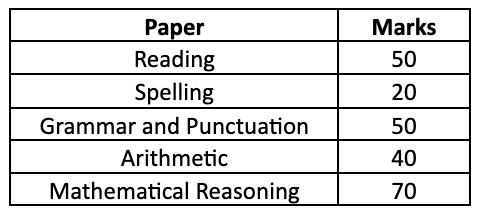
How long are KS2 SATs papers?
KS2 SATs exams are sat within one week, usually in May. Most children take their SATs exams in the same classroom that they are in everyday. Many of the classroom displays will be covered or removed during SATs week.
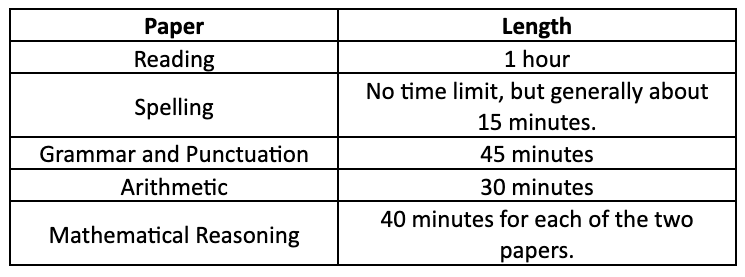
Who marks KS2 SATs papers?
Once the papers are completed, they are sent to Capita, the Standards and Testing Agency’s external supplier. Scripts are then marked through May and into June.
What are the pass marks for the tests?
Each year the pass mark changes, depending on the difficulty of the paper. However, generally, the pass mark for reading is between 21 and 28 marks out of 50, maths is between 56 and 60 marks out of 110 in total (over all 3 papers) and grammar, punctuation and spelling is 35 to 40 marks out of 70 over both papers. This is known as the ‘raw score’. These are then converted into ‘scaled scores’.
What are Scaled Scores?
Scaled scores are used by the Department of Education to enable comparisons between data from year to year. Scaled scores are between 80 (a “raw score” of 3 marks) to 120 (for all, or almost all questions answered correctly). This then means that each year, the pass mark is a scaled score of 100. If a child reaches this, they have achieved the ‘expected standard’.
Schools are not given the conversion between the raw score and the scaled score until children’s results are given.
When are Year 6 SATs 2022?
These are the expected dates for Key Stage 2 SATs in 2022.
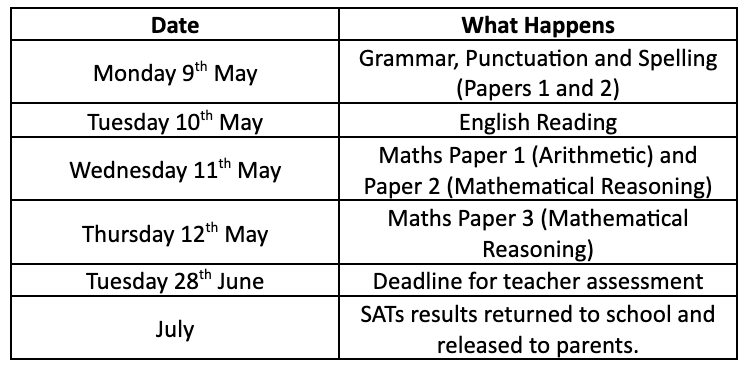
How are results graded?
When schools release SATs results to parents, they should also have an explanation of what the results mean. These are the codes you would expect to see:
GDS: Working at greater depth within the expected standard (found only for the writing assessment).
EXS: Working at the expected standard for the end of Key Stage Two.
WTS: Working towards the expected standard (found only for the writing assessment).
HNM: Has not met the expected standard (found only for the reading and maths assessment).
PKG: Pre-key stage, growing development of the expected standard (working at a lower than expected level)
PKF: Pre-key stage, foundations for the expected standard (the child is working at a significantly lower level than expected).
BLW: The child is working below the pre-key stage standards (this is the lowest level of attainment).
A: Awarded if the child was absent during the tests.
D: Awarded if the child is disapplied (has not been tested at KS2 level).
What are the Year 6 SATs used for?
The results of the tests and the teacher assessments will be passed onto the school that the child is attending in Year 7. How these schools use the results vary, but they are often used to set or stream children for English and maths (and possibly other subjects). However, many primary schools have robust transition arrangements which include detailed discussions with Year 7 tutors about individual children. If, for example, a child did not perform to the best of their ability during the tests, this information will often be passed on.
Schools and Local Authorities will also use the data to judge the effectiveness of the education within the setting. The government additionally publishes league tables which rank schools according to the percentage of pupils that achieve the expected standard in English and maths.
How can I prepare my child for KS2 SATs?
The best thing you can do to prepare your child for KS2 SATs is build their confidence in the skills that they will need to use. Take a look at our downloadable resources, Year 6 Writing Expectations and Year 6 Maths Topics to know the expectations for your child. Look out for our KS2 SATs Countdown posts on Instagram, starting in January for more ways to prepare your child.
Will KS2 SATs go ahead in 2022?
Despite the ongoing disruption to schooling, the Government has made the decision to go ahead with Year 6 SATs in their complete form. However, Gavin Williamson (the then Education Secretary) announced that the 2021 SATs were cancelled on 6th January 2021. We can only advise that you keep an eye on any announcements from the Department for Education. We will, of course, keep you updated in our Facebook group Eleven Plus and Primary Learning For Parents. We’d love to see you in our community and answer any further questions that you might have.
Liz,
